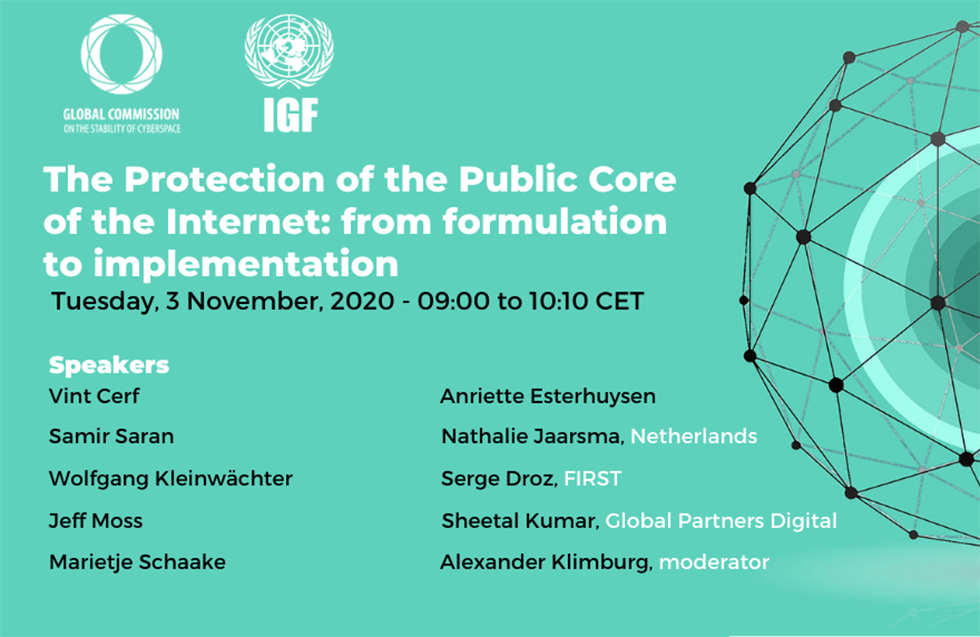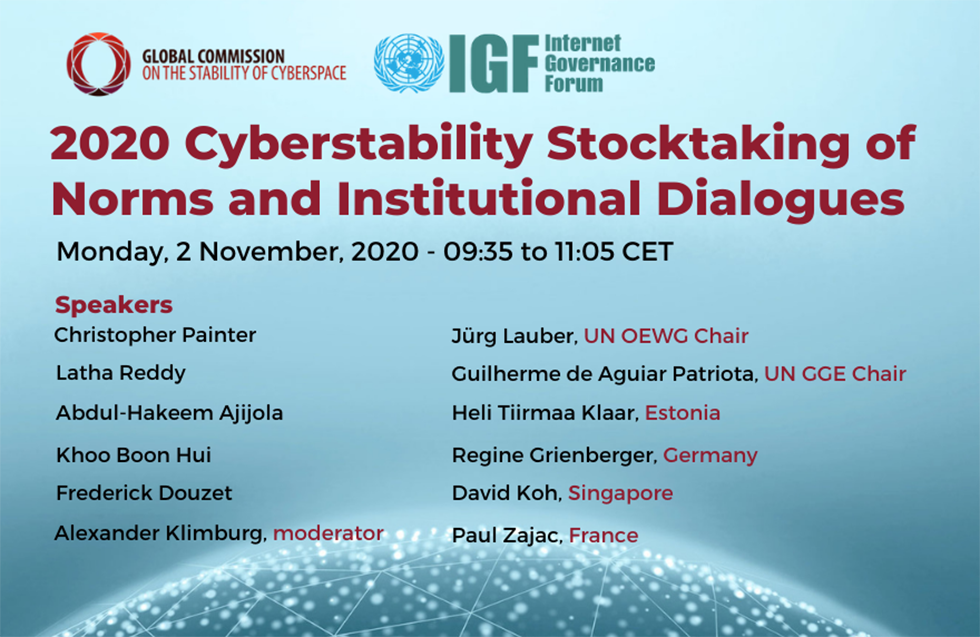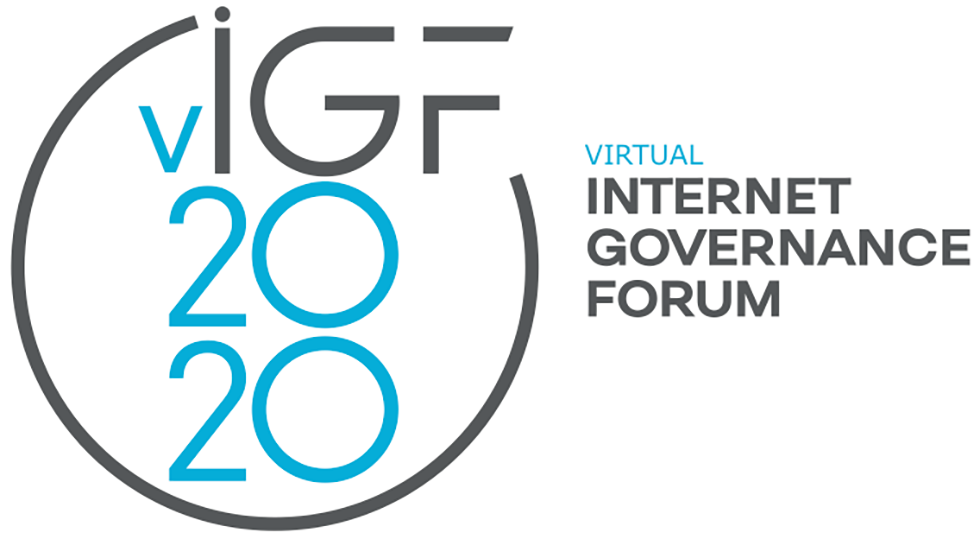This op-ed by the GCSC Commissioner Christopher Painter was published in the Foreign Service Journal.
The internet and networked technologies have enabled amazing social and economic progress around the world. As new technologies come online and more people are connected around the world, the potential benefits of cyberspace seem boundless.
Yet at the same time, technical threats in cyberspace posed by state and nonstate actors have dramatically increased in both sophistication and number, and the potential and actual impact of those threats has grown exponentially. There are also serious policy threats to the very nature, structure and governance of the internet as we know it, including unprecedented attempts to undermine democratic processes and an increasing drive by repressive regimes to suppress and control online discourse and undermine internet freedom.
Against this sobering backdrop, the need for U.S. diplomacy, working in conjunction with other instruments of national power, is clear. Because cyberspace threats are almost always international, as is the technology itself, an unprecedented level of international coordination, engagement and cooperation is required both to counter threats and to embrace and drive the economic and social opportunities that cyberspace offers. This diplomatic effort must also be cross-cutting because security, economic and human rights issues in cyberspace are often interdependent.
Read the full article here.






